
Identifying Different Kinds of Maple Trees
Did you know that there are more than 125 species of maple trees in the world? Most are native to Asia, with just 13 native to the United States.
While they share some common traits, maple trees can vary wildly from one species to the next. They can be identified by the bark, leaves and fruit they produce. Here are the six most common types of maple trees in the U.S. and some info on how you can tell them apart.
Sugar maple
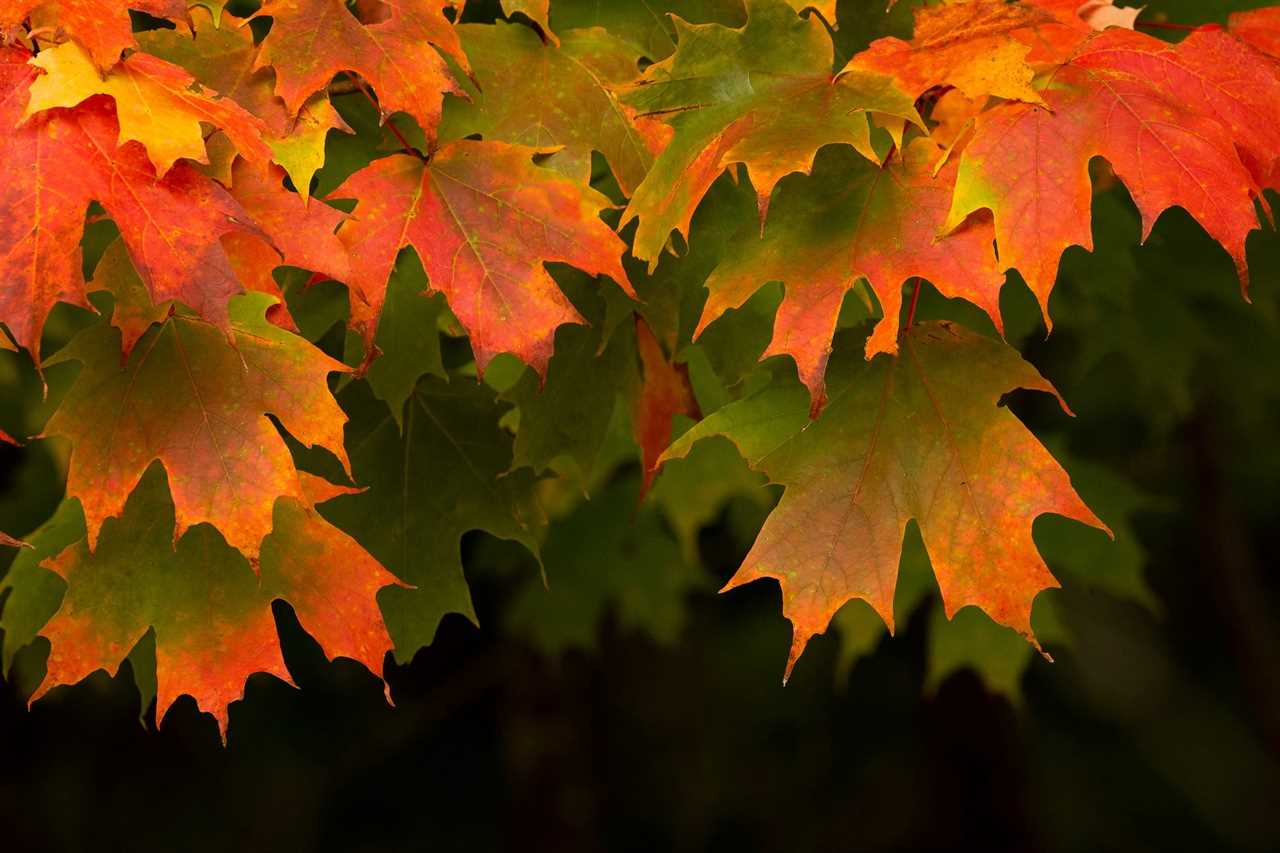
Scientific name: Acer saccharum.
The sugar maple is perhaps the most famous maple tree. Without it, breakfasts across the country would look wildly different.
Most commonly found in the Northeastern U.S. and Southeastern Canada, sugar maples are well-known as the source for the sap used to make maple syrup. Sugar maples have brown, furrowed bark, while its leaves are dark green on the topside and a lighter shade of green on the underside.
Paperbark maple
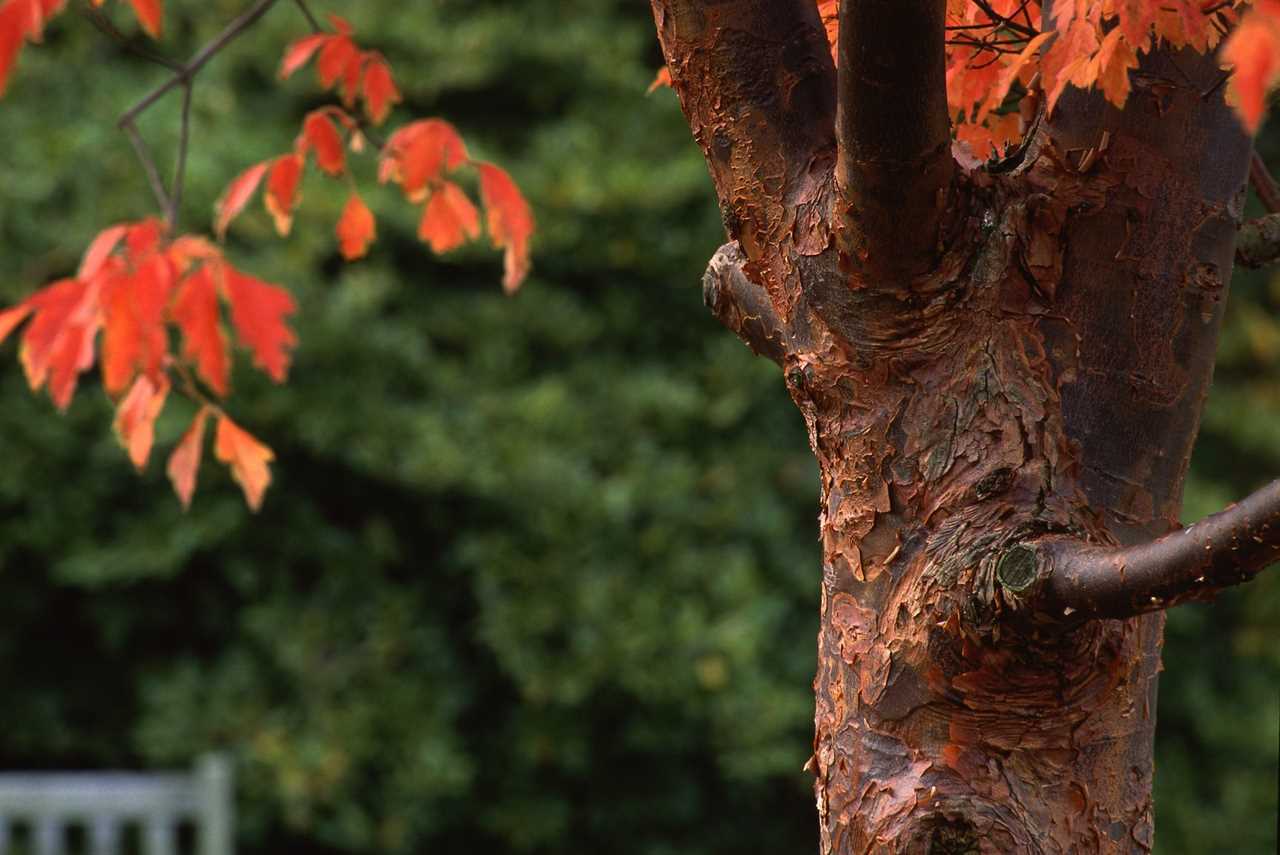
Scientific name: Acer griseum.
Paperbark maple trees are easy to identify — their peeling, papery bark often looks like it is about to fall right off the tree. That bark, typically a rusty red, adds to the tree’s distinctive appearance and contrasts beautifully with the dark brown bark underneath. Paperbark maple leaves are dark green on the topside and paler and hairy on the underside.
Red maple
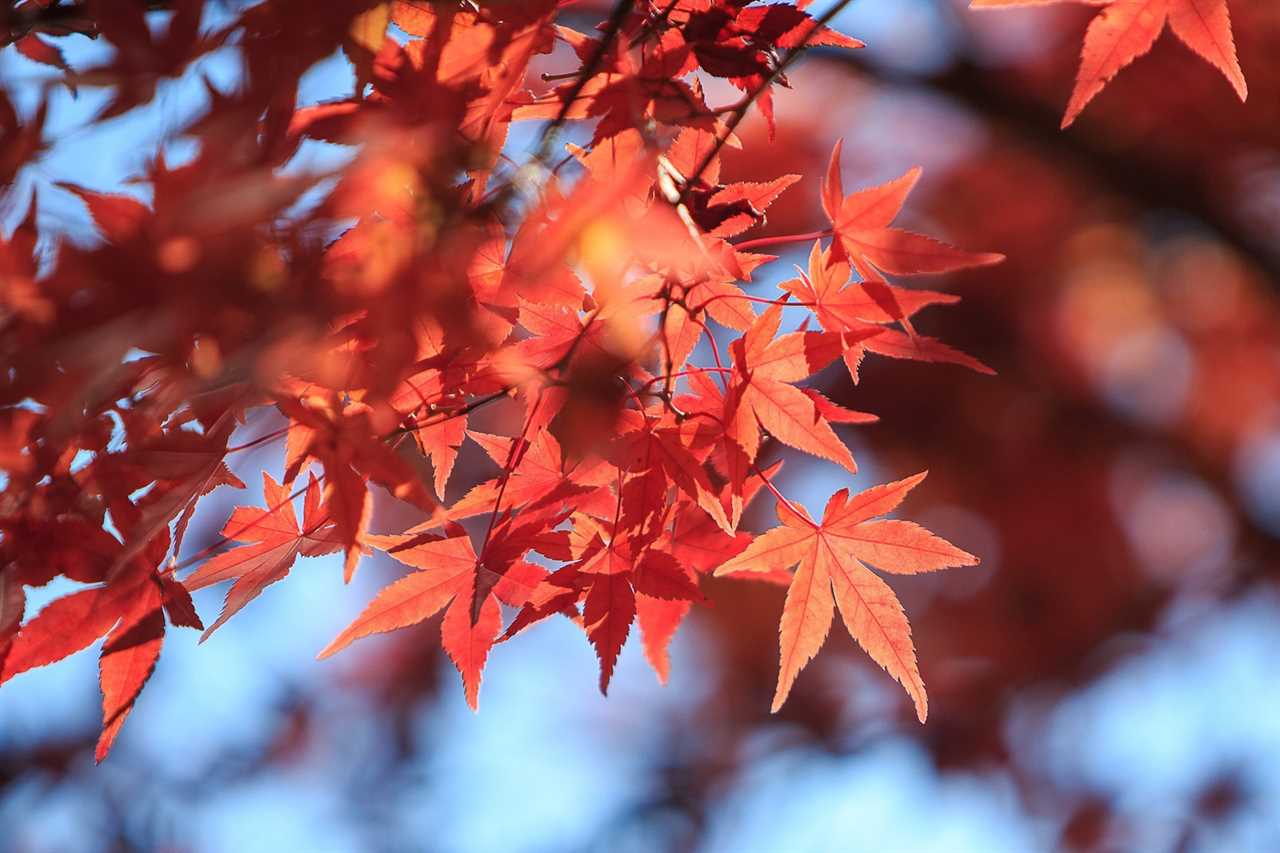
Scientific name: Acer rubrum
Red maples are one of the most common trees across the Eastern U.S. The red maple gets its name from the color of its twigs and leaf stems, and the deep red its leaves and fruit turn in the fall.
Red maple leaves are a dull green color with silvery, hairy undersides. As red maples mature, their bark transitions from light gray and fairly smooth to a much more furrowed and scaly.
Silver maple
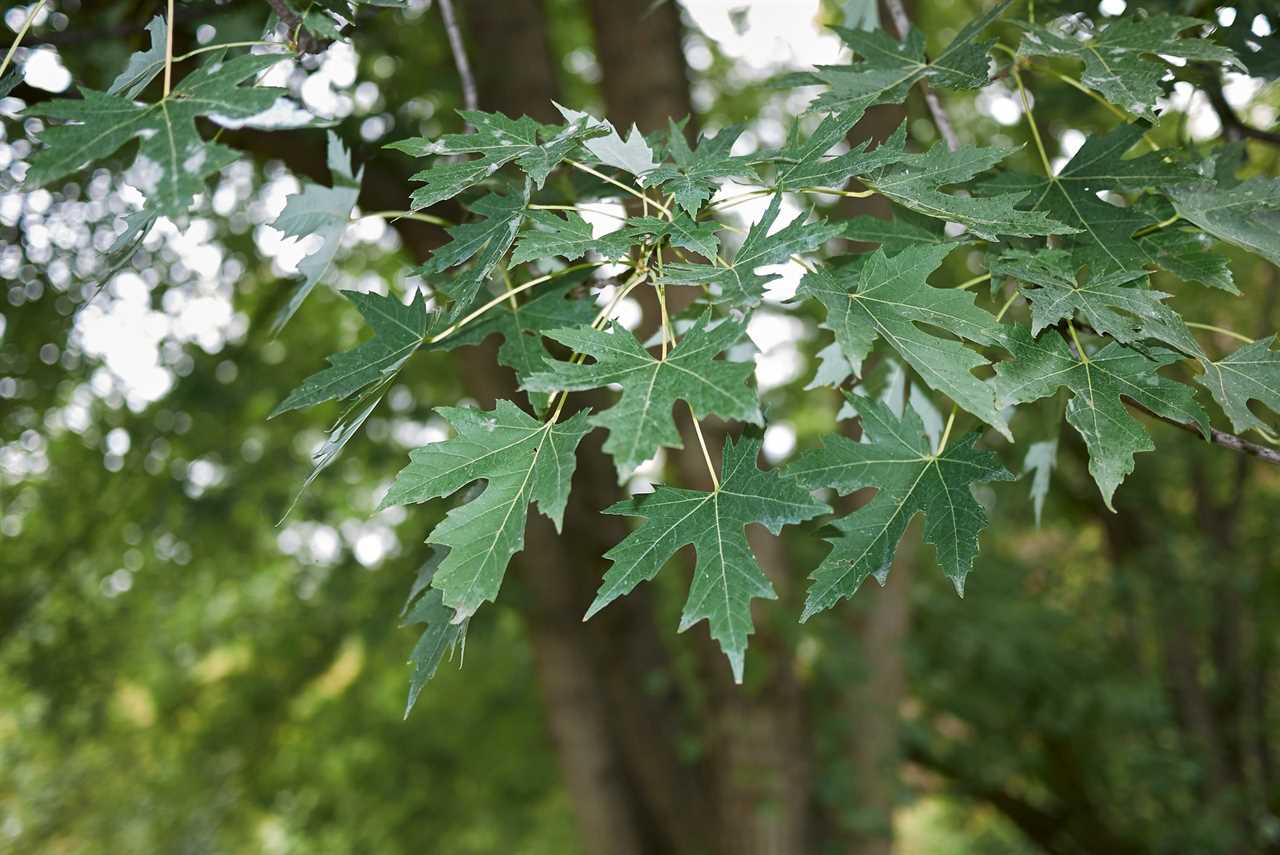
Scientific name: Acer saccharinum.
Silver maples are a hardy bunch. They can grow in many climates and environments, and thrive even in places with poor soil conditions and air pollution. They also grow quickly, often to heights much taller than most maples, usually in the 50-ft. to 80-ft. range.
Silver maples can be identified by their conspicuous height and the brownish-green “fruit” they produce every spring.
Boxelder maple
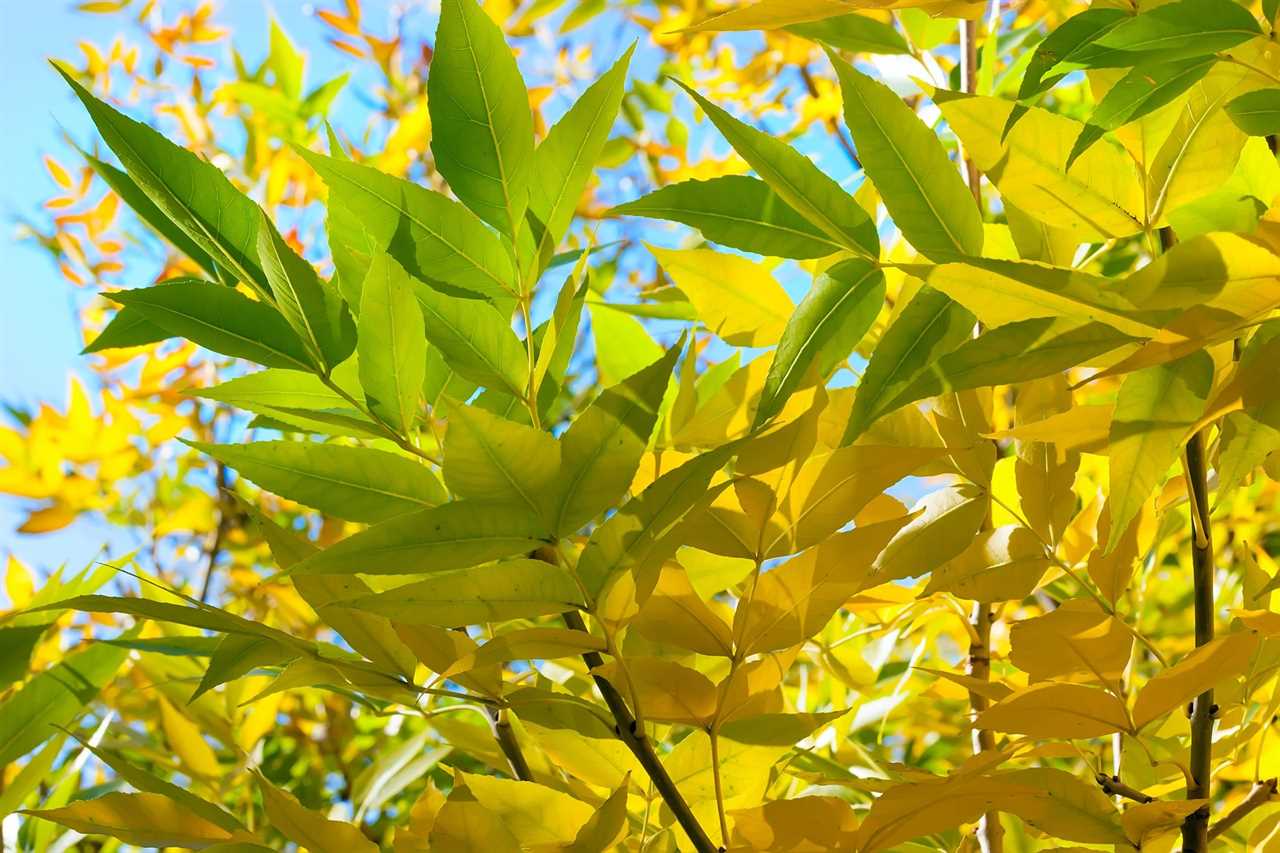
Scientific name: Acer negundo.
Boxelder maples don’t resemble other maple trees. Their leaves are compound and round, nothing like the classic pointed leaf maples are known for.
Native to the Central and Eastern U.S., Boxelder trees are commonly associated with boxelder bugs, those mostly harmless but definitely irritating household pests that are attracted to these maples.
Bigleaf maple
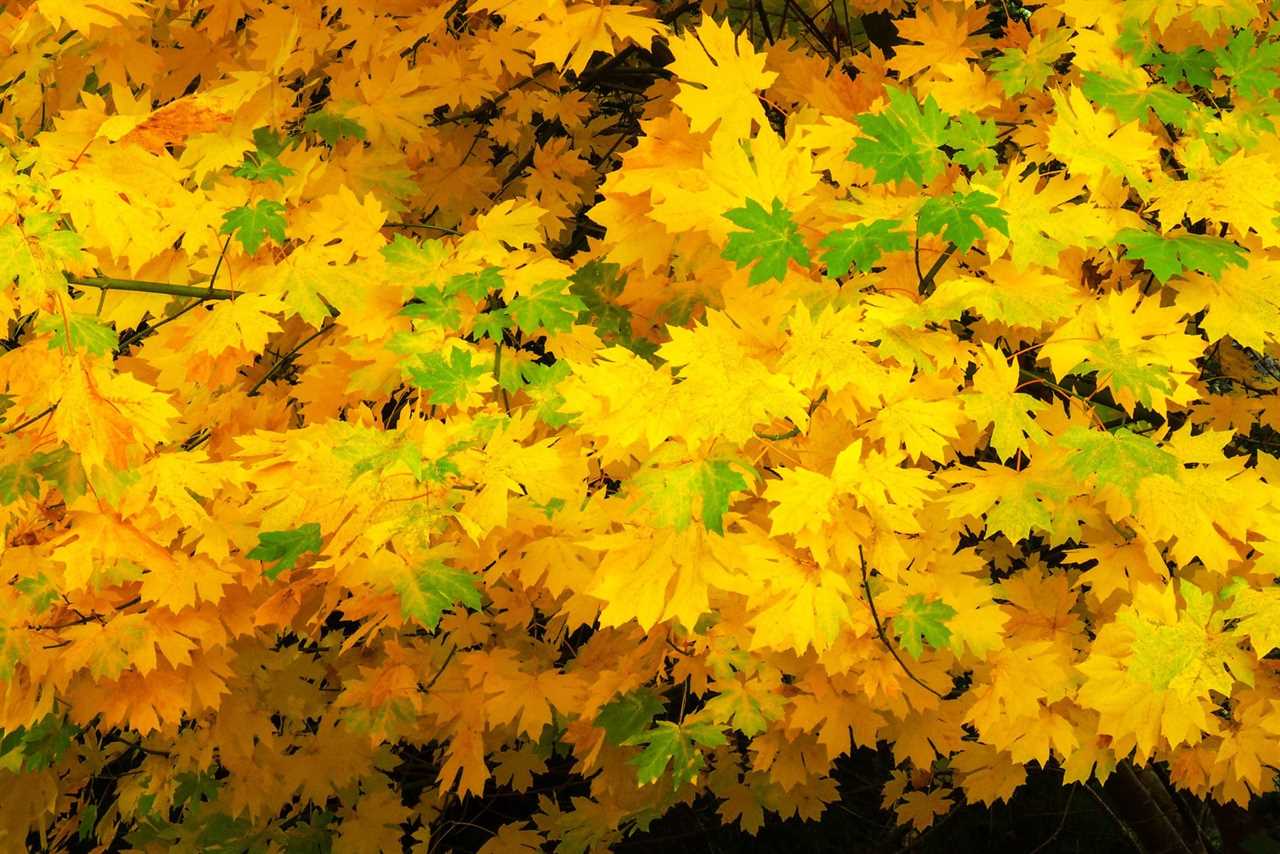
Scientific name: Acer macrophyllum.
Bigleaf maples are native to the Pacific Northwest and can be easily identified by their leaves, which often grow to around 12 inches in diameter. They’re frequently covered in moss and lichen, thanks to the deep ridges in their bark that provide an ideal environment for that kind of overgrowth.
https://cats-cleaning-service-in-kentucky.business.site/?m=true
Cat's Cleaning Service 2400 Stannye Court Louisville, KY 40222 Call Us Today @ 270-823-3148 We clean a residence from the top to bottom, utilizing crevice tools and others to get in the nooks and crannies to get it Cat Clean!!!! #CleaningService #Cat'sCleaning #LouisvilleKY
https://sites.google.com/fuseologycreative.com/fuseology-creative-clients/home
Did you miss our previous article...
https://vancouver-local.com/cats-cleaning/10-ways-to-use-wallpaper-in-your-bathroom

_7.png)





